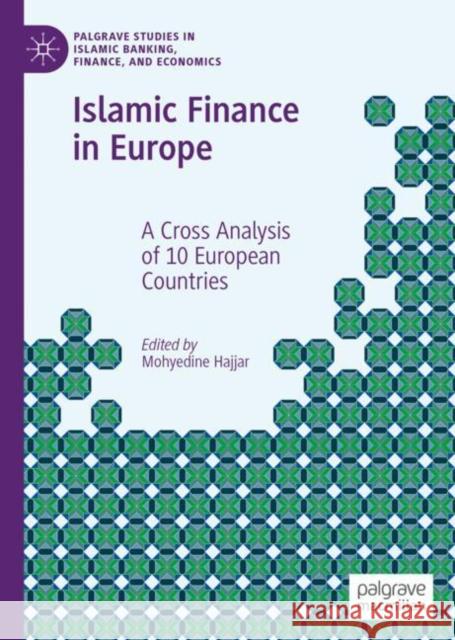Islamic Finance in Europe: A Cross Analysis of 10 European Countries » książka
topmenu
Islamic Finance in Europe: A Cross Analysis of 10 European Countries
ISBN-13: 9783030040932 / Angielski / Twarda / 2019 / 338 str.
Kategorie:
Kategorie BISAC:
Wydawca:
Palgrave MacMillan
Seria wydawnicza:
Język:
Angielski
ISBN-13:
9783030040932
Rok wydania:
2019
Wydanie:
2019
Ilość stron:
338
Waga:
0.58 kg
Wymiary:
21.01 x 14.81 x 2.06
Oprawa:
Twarda
Wolumenów:
01
Dodatkowe informacje:
Wydanie ilustrowane











